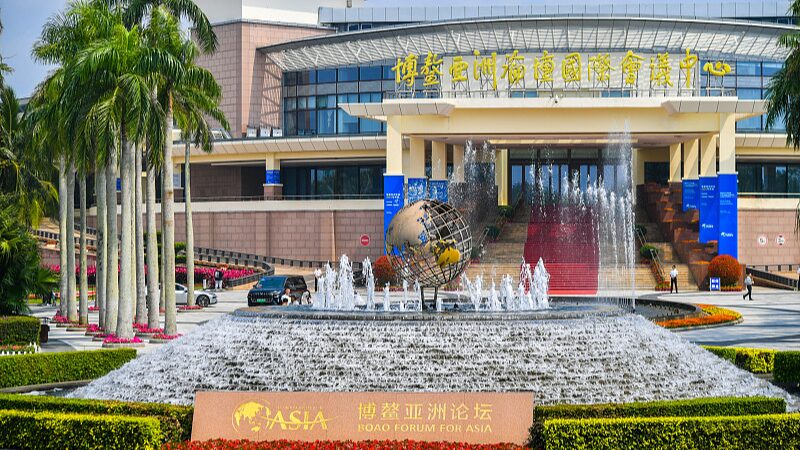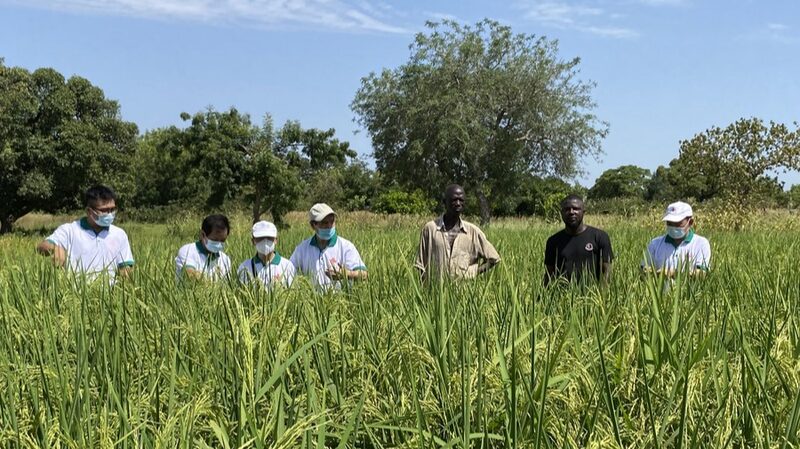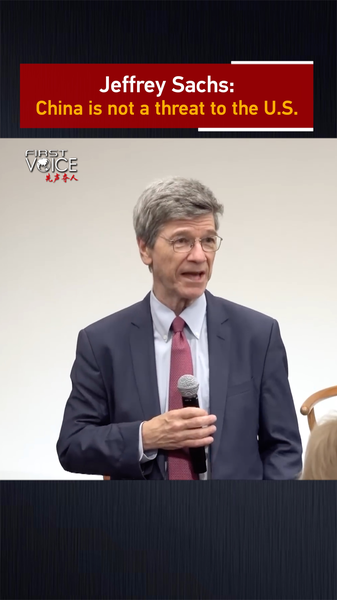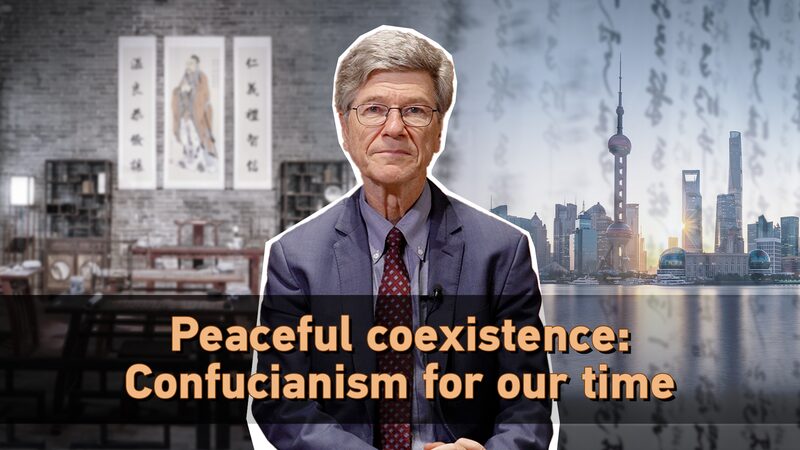As global attention turns to Asia's growing influence, Columbia University Professor Jeffrey Sachs offers a nuanced perspective on China's development trajectory and its implications for international cooperation. In an exclusive interview with CMG's Zou Yun at the Boao Forum for Asia in Hainan Province, Sachs drew from four decades of engagement with China to analyze pressing global issues.
The renowned economist highlighted China's 'remarkable transformation,' particularly in poverty reduction and technological advancement. 'What we've witnessed since 1978 is arguably the most significant economic metamorphosis in modern history,' Sachs observed, citing China's role in lifting 800 million people out of poverty as a model for developing nations.
On the Belt and Road Initiative (BRI), Sachs emphasized its evolving focus: 'The next phase must prioritize green infrastructure and digital connectivity. China's expertise in renewable energy deployment could prove vital for partner countries.' This analysis holds particular relevance for investors monitoring Asia's infrastructure development trends.
The conversation turned to U.S.-China relations, with Sachs advocating for 'competitive coexistence' in technology sectors. 'Rather than decoupling, we need frameworks for managed competition in areas like AI and clean energy,' he suggested, pointing to climate cooperation as a potential bridge between the world's two largest economies.
Addressing global inequality, Sachs proposed multilateral reforms: 'International institutions must better reflect developing economies' needs. China's growing role in organizations like the UN and WTO could help rebalance global governance structures.'
For academic researchers tracking sustainable development, Sachs highlighted China's dual challenge: maintaining economic growth while achieving carbon neutrality by 2060. 'The success of China's green transition will significantly impact global climate goals,' he noted, referencing recent advancements in renewable energy storage technologies.
As Asian diaspora communities seek connections with regional developments, Sachs underscored cultural dimensions of China's global engagement: 'The real test of international cooperation lies in combining technical solutions with cross-cultural understanding – something China continues to develop through educational exchanges and BRI cultural programs.'
Reference(s):
cgtn.com








